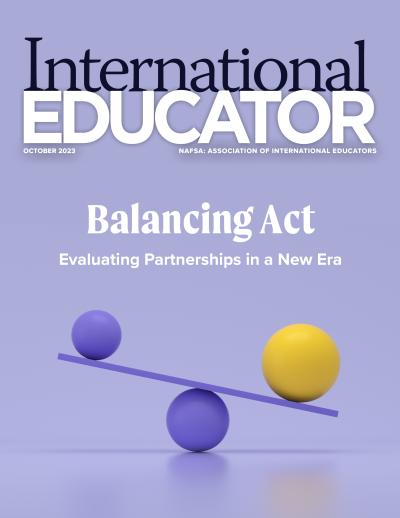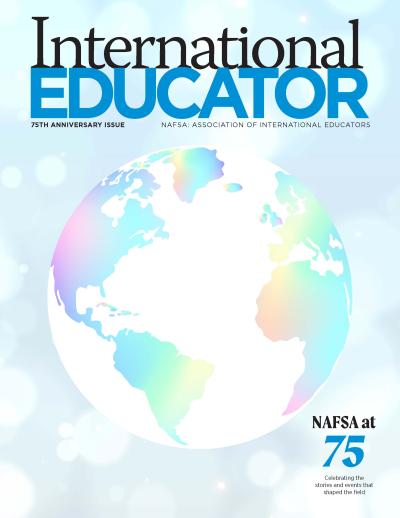Helping Military Veterans Study Abroad
More veterans have started studying on U.S. campuses in the last five years due to the expansion of educational benefits outlined in the Post-9/11 GI Bill, which went into full effect in 2009. Veterans who served at least 90 days on active duty after September 10, 2001, or were honorably discharged from active duty for a service-connected disability are eligible for education benefits, which include tuition payments, a housing allowance, and a book stipend.
In 2012 more than 900,000 veterans of the U.S. armed forces used their higher education benefits, an increase from 550,000 in 2009, according to the U.S. Department of Veterans Affairs (VA). Both veterans and their dependents (spouses and children) are eligible to use their benefits for education abroad, subject to certain restrictions. However, no national statistics on the number of veterans using military benefits to study abroad are currently available.
College and university representatives say that veterans are a population they are increasingly seeing in their education abroad offices. “I realized we really needed to hone our process last semester after a handful of veteran students and veteran-dependent students requested letters detailing program costs so that they could apply their VA benefits. I really wanted to support this population of students by making the process clear and as easy as possible for them,” says Kayla McNickle, education abroad program coordinator at the University of Connecticut.
Cross-Campus Communication Is Key
Holly Henning, an education abroad adviser at the University of Alabama , also became aware of issues











